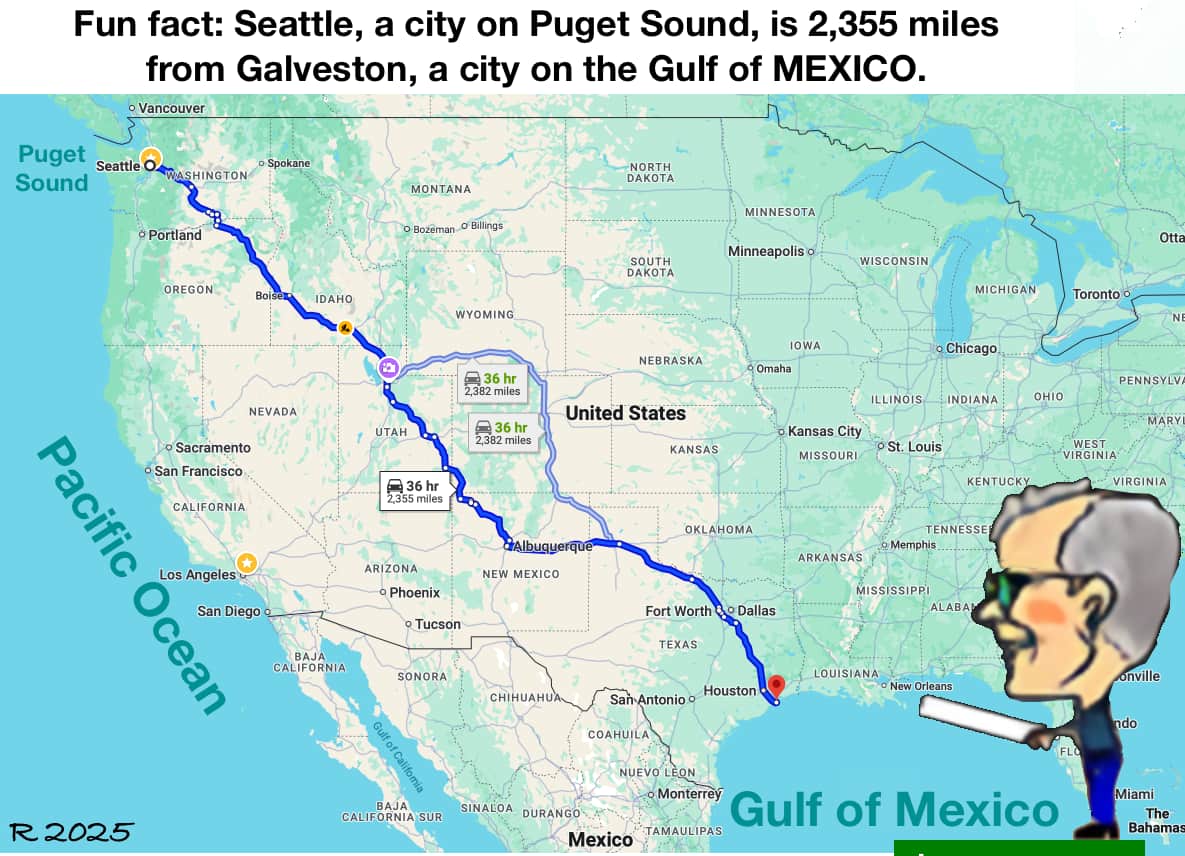The Washington Post reports...
"Iraq Pullout Would Lead To Bloodbath, Bush Warns
(but) Democratic Leader Reid Says War Is Already Lost
By Peter Baker and Shailagh Murray
Washington Post Staff Writers
Friday, April 20, 2007; Page A03
"TIPP CITY, Ohio, April 19 -- President Bush warned Thursday that pulling out of Iraq too soon would trigger a bloodbath akin to that of the Cambodian killing fields of the 1970s...
"On a day that reverberated with echoes of the Vietnam War era, Bush and Reid (D-Nev.) engaged in a long-distance debate over the lessons of history and the fate of the latest overseas war as part of a struggle over $100 billion in funding for operations in Iraq and Afghanistan...
"'I want to remind you that after Vietnam, after we left, millions of people lost their life,' Bush said here (exercising the presidential prerogative to mismatch noun and verb - Ed.) when an audience member asked about comparisons between Vietnam and Iraq. 'The Khmer Rouge, for example, in Cambodia.' (Here he exercises the presidential prerogative to speak in incomplate sentences.) And my concern is there would be a parallel. . . . The same thing would happen. There would be the slaughter of a lot of innocent life. The difference, of course, is that this time around, the enemy wouldn't just be content to stay in the Middle East; they'd follow us here.'"
End quote. The article continues, see link below.
Well, maybe, but for the life of me I cannot recall any significant Viet Cong or Khmer Rouge assaults outside their borders back in the 70s.
As to the inevitable bloodbath (presumably somehow different from the current bloodbath), it is not too early to try to get perspective on the possible ways the world will view a continuing Iraqi civil war. That involves foreseeing whose civil war it will be.
Had Saddam Hussein and the Baathists remained dominant, a power struggle among religious and ethic factions would in all likelihood have followed the death of Saddam; he was almost 70 when he was executed last year. That struggle would have been seen by the world as part of the continuing tragedy of the Middle East.
Enter Pres. Bush and the neo-cons. Based on their faith in the rightness of their cause, instead of just allowing Iraqi politics to take their course while containing the external ambitions of the Baathists, we deposed Saddam. Surprise! What followed was a power struggle among religious and ethic factions that followed the death of Saddam. Looks like the same outcome from here.
So we're left with the question of who will bear the consequences. Our intervention, coupled with the frankly silly perception that the US is somehow trying to (and would be able to) take over the world after the fashion of the old European powers, will alter history for much of the world by making the US the cause of the civil war. Instead of a sigh of resignation at the inability of the Iraqis to achieve a modern society, the outcome will be animosity toward the US that will be at best long abating.
Colin Powell reportedly told Pres. Bush at the beginning, "you break it, you bought it." Of course the truth is that he broke it, but WE bought it.

Community Log & News Digest
☰
Categories
Recent Posts
- DOGE attack on food security reaches Seattle
- Battery Battle Intensifies in Nevada
- Glazed Salmon Delights as Entree, Salad topping
- Get off my lawn, Don!
- Vance Whopper Channels Musk, DOGE minion
- The 'Hands-off' tally is in
- Hands-off rallies draw thousands
- Your Vote is Your Voice
- And the winner is...
- US Service Organization Assists Uganda Family
- Whidbey Island Fire Destroys Startup Farm - Arson Suspected
- International Women's Day 2024, Lynnwood March 8
- KOMO-TV's Steve Pool dies at 70
- Quick thinking prevents destruction on Elliott Bay
- The Role of Lutefisk in Achieving World Peace
